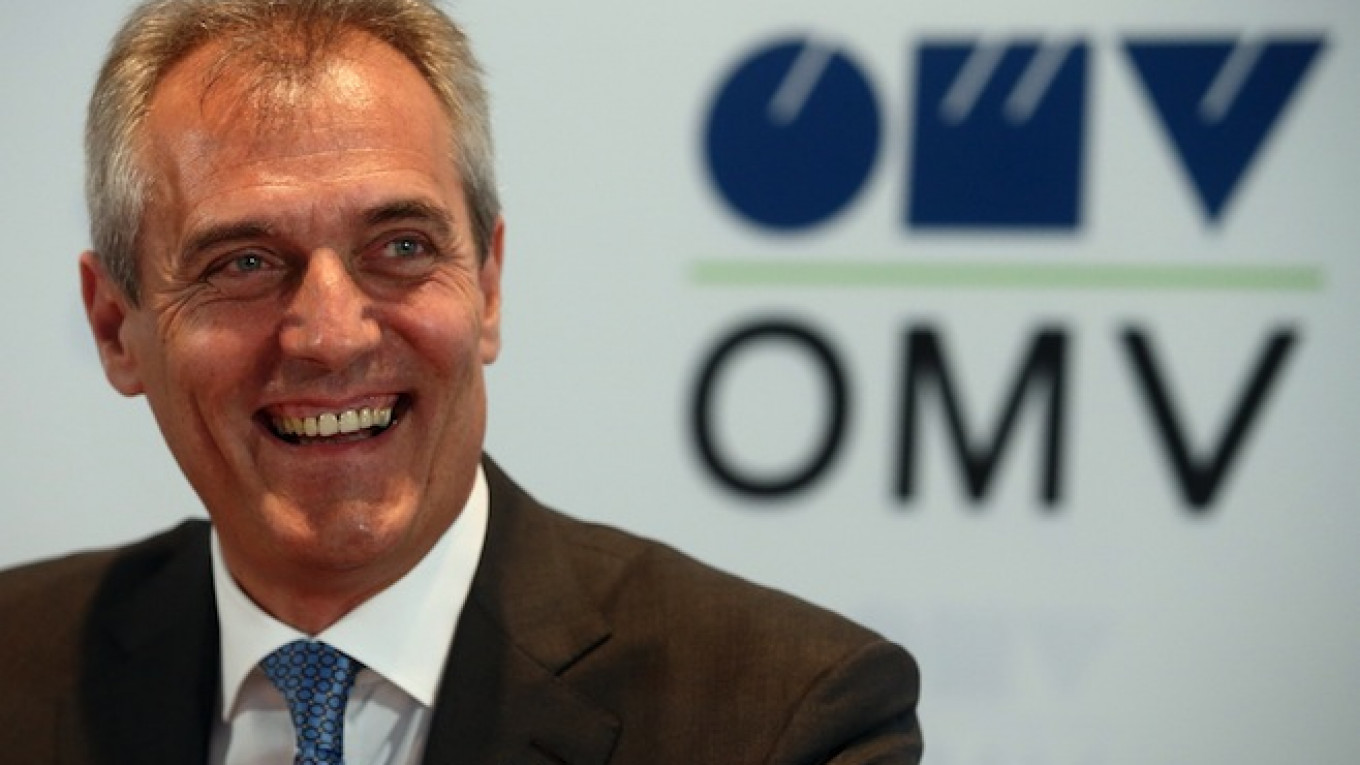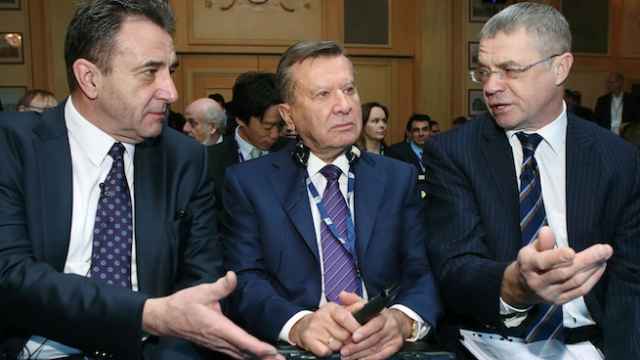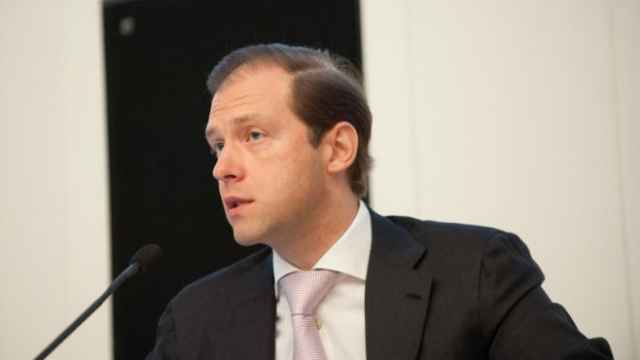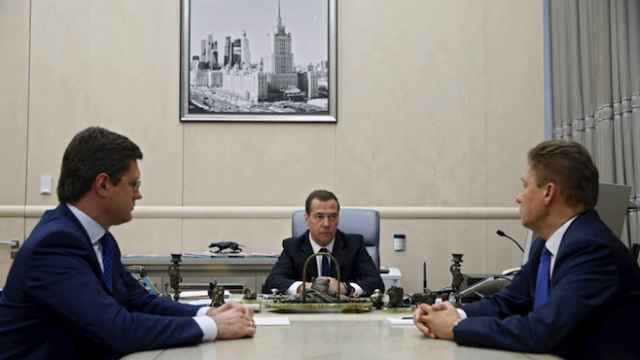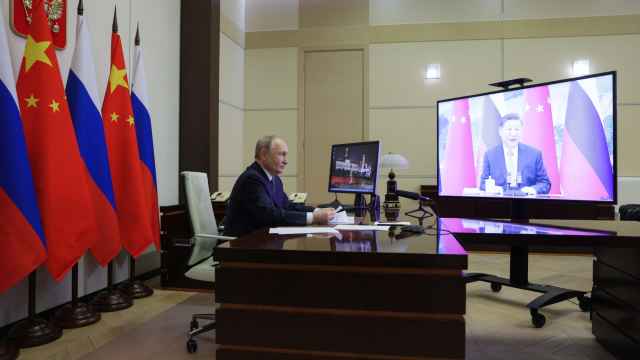Austrian oil and gas group OMV's new chief executive is looking towards Russia for low-cost energy sources to boost the company's upstream business, which has been squeezed by low crude prices.
Though OMV's downstream refining and marketing operations bolstered second-quarter results posted on Wednesday, CEO Rainer Seele cast a wary eye over margin prospects for that side of the business and sees exploration as key for the longer term.
OMV has placed its bets on expensive but stable exploration projects in the North Sea as output in Yemen and Libya stalls, and Seele is keen to maintain the upstream focus.
Some of the most ambitious North Sea investment plans, such as the Rosebank field, will be cut or development slowed. But Seele, who took the helm in July, still wants upstream activities to account for 80 percent of future investments.
Western sanctions against Russia over the conflict in eastern Ukraine have failed to dent Seele's confidence in Russia as an attractive long-term exploration location.
"We see a striking change ... in our oil and gas sector. We are moving from competing in terms of growth to competing in terms of cost," Seele said, pointing to Russia's competitiveness in terms of acquisitions, development and production.
OMV announced in June that it is working with Gazprom on developing the Urengoy field in Siberia — one of the largest in Russia — and the extension of the Nord Stream pipeline.
"We will focus fully on this opportunity (Urengoy) ... If we succeed in that, we will have built a reasonable position," Seele said.
OMV's shares were up 2.3 percent at 1136 GMT, outperforming a European sector index down 0.8 percent.
No 'Summer Sale'
Asked about potential asset swaps as part of OMV's future dealings with Gazprom, Seele said it was too early to say, adding he would not conduct a "summer sale." He also ruled out the possibility that Gazprom would take a stake in OMV.
Gazprom in June said OMV was interested in its southern Turkish Stream pipeline project, but Seele told reporters OMV would focus on Nord Stream. "It's for others to live out southern pipeline fantasies," he said.
The strong showing from downstream operations in Wednesday's second-quarter results, meanwhile, is not expected to persist for the rest of the year.
The segment's underlying operating profit was up 70 percent, lifting the overall figure by 2 percent to 375 million euros ($415 million), but OMV added that it expects lower refining margins in the second half because of European overcapacity.
The average forecast in a Reuters poll of analysts had been for group underlying operating profit of 384 million euros.
Contributions from plastics maker Borealis, of which OMV owns 36 percent, also boosted underlying net income. Turkey, however, has developed into a headache for OMV, which booked a 205 million euro impairment at its Samsun power plant and Seele said he saw a "difficult future" for OMV in Turkey, especially for Samsun.
A Message from The Moscow Times:
Dear readers,
We are facing unprecedented challenges. Russia's Prosecutor General's Office has designated The Moscow Times as an "undesirable" organization, criminalizing our work and putting our staff at risk of prosecution. This follows our earlier unjust labeling as a "foreign agent."
These actions are direct attempts to silence independent journalism in Russia. The authorities claim our work "discredits the decisions of the Russian leadership." We see things differently: we strive to provide accurate, unbiased reporting on Russia.
We, the journalists of The Moscow Times, refuse to be silenced. But to continue our work, we need your help.
Your support, no matter how small, makes a world of difference. If you can, please support us monthly starting from just $2. It's quick to set up, and every contribution makes a significant impact.
By supporting The Moscow Times, you're defending open, independent journalism in the face of repression. Thank you for standing with us.
Remind me later.


